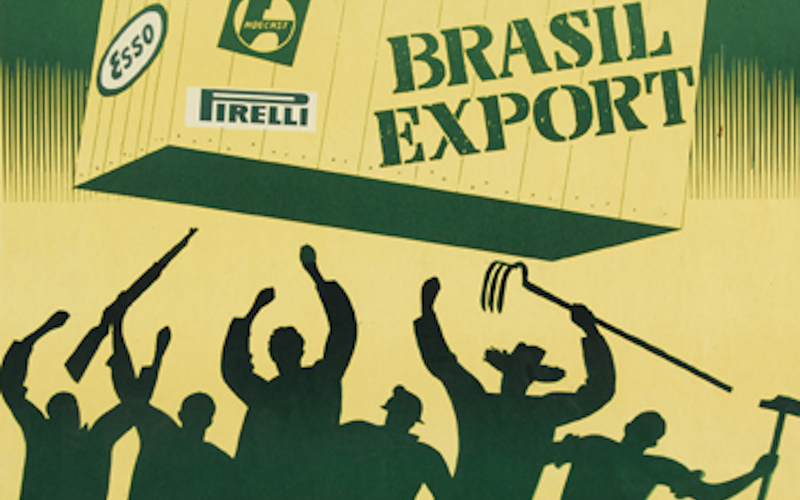The Fourth International Conference on Strikes and Social Conflicts was held at the University of São Paulo in July 10-13, 2018. Its purpose was to discuss the proliferation of protests in contexts of capitalist crisis.
In these contexts, the articulation between labor conflicts and other social conflicts becomes more evident. Ethnic, gender and generational issues become more complex and renew interest in collective mobilizations, carrying theoretical and analytical challenges to researchers. The relationship between crisis and protest is not only established in the present but goes back to the past and points to the future. How do recurring crises of capitalism, which not only have an economic but also a political and ideological dimension, impact strikes and social conflicts? In what way do they affect capital-labor relations, urban and rural demands, gender, ethnic and national identities, struggles around sexual orientation, or environmental issues?
These and other issues were discussed from different disciplinary areas and theoretical traditions, covering a diversity of movements, historical times and territories.
Working groups
- Protests against the economic, political and ideological crisis. The relationship between protests and crises, past and present. The causes of the protests and their short- and long-term impacts in contexts of crisis. The main requests, the repertoires of collective action and the actors mobilized, on a local and a global scale. The popular resistances and the reactions of the right. The growth of conservative movements.
- Urban social movements. The configuration of the city and the problems of urban life. Neighborhood and housing (homelessness, squatting) movements, for the improvement of public services, against the eviction of populations, against the genocide of populations. The role of youth in urban movements.
- Peasant struggles and rural mobilizations. Analysis of social conflicts in the countryside. Disputes over land and access to natural resources (water, gas, minerals, seeds, plants) involving landless populations, rural workers, landowners. The struggles against the expropriation and control of the common goods by the market. The reactions of the agrarian bourgeoisie.
- Ethnic and national identities and social conflicts. How social conflicts shape and transform identities over time. Ethnic uprisings against colonialism and "criole" oppression, indigenous struggles for self-determination, for plurinational states and land demarcation. Black movement struggles for the recognition of civil, political and social rights.
- Migratory processes and social conflicts. The impact of migratory processes on the social structure. The emergence and transformation of conflicts. Analysis of the dynamics of social and cultural integration, the construction of ghettos, xenophobia, racism, etc.
- Sexual orientation and gender identity movements. The emergence of feminist organizations and discourses, the lesbian, gay, bisexual and transgender movements, their debates and their relationship with other social movements.
- The emergence and transformation of protest in socialist states. The experience of protests in Eastern European countries, as well as in other socialist states.Their characteristics and particularities in seemingly "classless" societies.
- Social movements and political change. The interaction between social movements and political transformations during periods of transition from dictatorship to democracy or in revolutionary processes.
- Environmental protests. The struggle for the preservation of the environment, its relation with economic policy, with cultural traditions and identities.
- Labor conflicts and trade unionism. Union conceptions and strategies, strikes and other forms of labor conflict, protests of precarious and disorganized workers, the role of women and youth in labor conflicts.
See the Call for papers on the website of the Social History Portal

